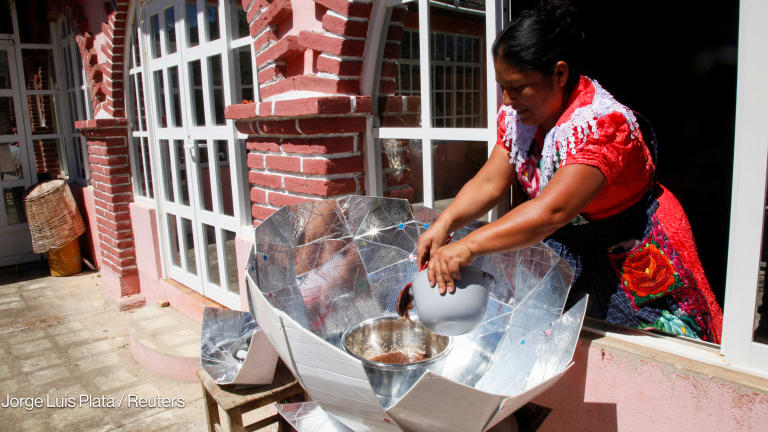After almost 30 hours of intense negotiations, development leaders and government officials from 187 countries finally reached an agreement Wednesday on a new global framework that will usher in a more “solid” and “people-centered” disaster risk reduction policy process and implementation program for the next 15 years.
Margareta Walhstrom, head of the U.N. Office for Disaster Risk Reduction, said the adoption of the new global agreement on disaster risk reduction signals the dawn of a new era in sustainable development as the world recognizes the need for a concerted effort to address global issues.
“Implementation of the Sendai framework … over the next 15 years will require strong commitment and political leadership and will be vital to the achievement of future agreements on sustainable development goals and climate later this year,” she said in a statement, where she also quoted U.N. Secretary-General Ban Ki-moon’s assertion that “sustainability starts in Sendai.”








